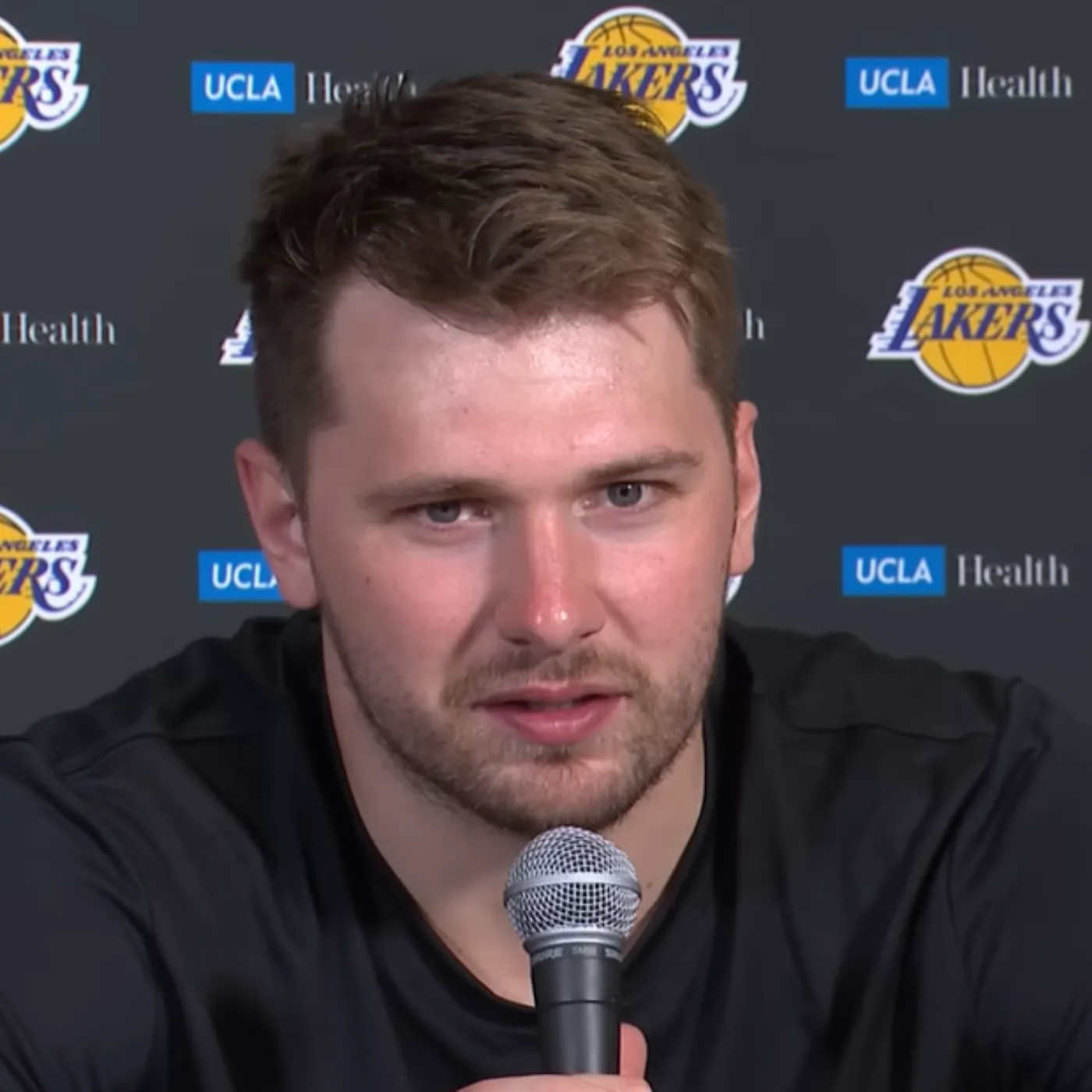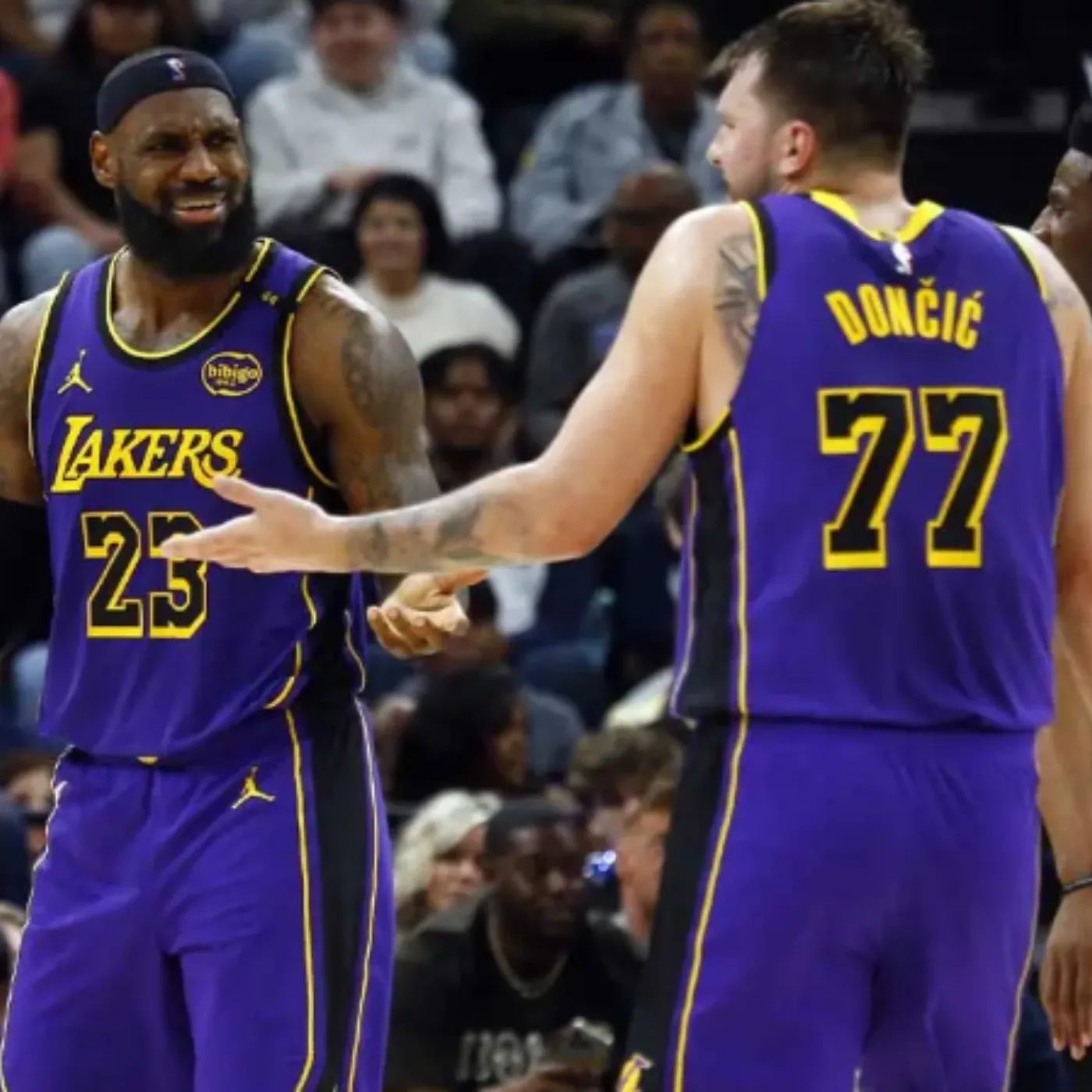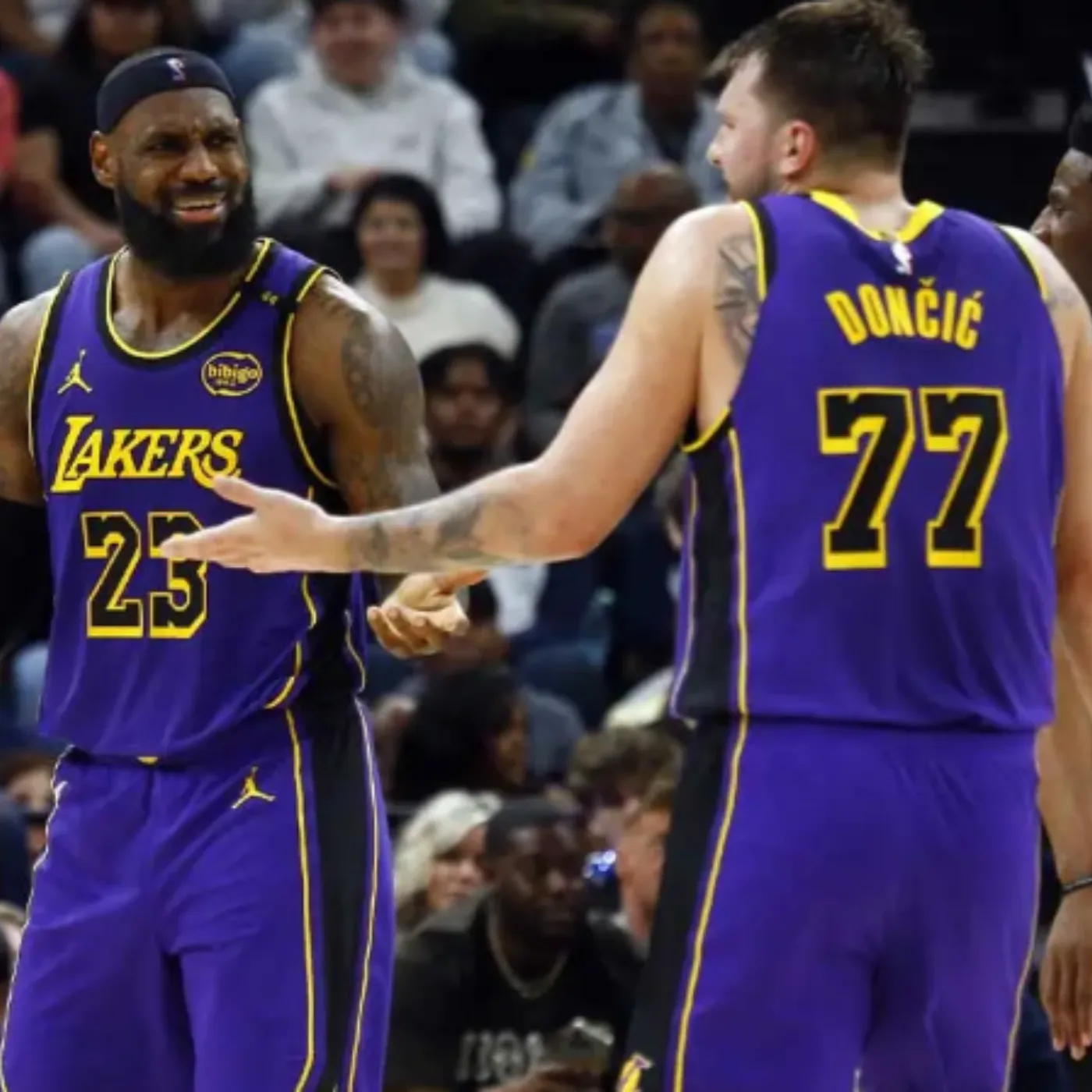

Stephen A. Smith Demanding Justice for Klay: How the Media Robbed Thompson of 30 Million Dollars from His Superstar Contract?
In professional basketball, the media holds an unexpected but powerful influence over players’ earnings. This issue came under scrutiny once again after ESPN analyst Stephen A. Smith discussed how media voting decisions deprived Klay Thompson of an All-NBA selection in 2019, consequently costing him a potential $30 million in salary. While media votes are intended to recognize the best players of the season, they have financial implications far beyond mere prestige.
For NBA stars, being named to an All-NBA Team is not just an honor—it determines their eligibility for higher salary tiers. Under the Derrick Rose Rule, players with at least seven years of experience can earn up to 35% of the salary cap if they secure an All-NBA selection. This distinction would have significantly increased Thompson’s earnings, making his snub a financially costly decision.
Klay Thompson’s Case: A Statistical Justification for All-NBA Selection
The 2018-19 NBA season was a pivotal one for Klay Thompson. As one of the league’s premier shooters, he averaged 21.4 points per game while shooting 40% from three-point range. He played a critical role in the Golden State Warriors’ success, appearing in 78 games and matching his career-high in steals per game (1.1). Despite these impressive numbers, Thompson was left off the All-NBA Third Team, a decision that would later prove costly.

Stephen A. Smith highlighted this issue during his recent appearance on Gilbert Arenas’ podcast, arguing that media bias and flawed voting processes led to an unfair omission. “No way something like this should have cost a guy millions of dollars. Klay Thompson has every right to be mad at the media for life. They cost him $30 million,” Smith asserted.
The $30 Million Dollar Consequence
Had Thompson been named to the All-NBA Third Team, he would have been eligible for a supermax contract extension similar to the one received by his teammate, Stephen Curry, in 2017. Instead, Thompson had to settle for a five-year, $189 million contract, amounting to approximately 30% of the team’s salary cap at the time. A supermax deal would have elevated his earnings closer to $219 million, making the financial impact of his snub painfully clear.
Thompson’s disappointment was palpable. Upon learning of his omission, he publicly questioned the decision: “Do I think there are multiple guards better than me in this league? No.” His frustration was shared by many within the NBA community, particularly those who believed the selection process had overlooked his contributions.
Why Kemba Walker Made the Cut Over Thompson
The final All-NBA guard spot for the 2018-19 season went to Kemba Walker, who had an impressive individual season despite playing for the struggling Charlotte Hornets. Walker posted higher averages in points, rebounds, and assists than Thompson, but he lacked the overall team success and two-way impact that Thompson brought to the Warriors.
The debate over Walker vs. Thompson sparked controversy. While Walker shouldered a heavier offensive load for Charlotte, Thompson’s elite shooting, defensive presence, and contributions to a championship-caliber team arguably made him the more deserving candidate. The decision by 99 media voters to exclude Thompson underscored the subjective nature of All-NBA selections and their unintended financial repercussions.
NBA Analysts Call Out Media Bias
The debate over Thompson’s snub extended beyond Stephen A. Smith. Analysts on TNT’s ‘Inside the NBA’, including Kenny Smith, Shaquille O’Neal, and Charles Barkley, voiced their frustration with the voting outcome.
Kenny Smith emphasized Thompson’s place among the league’s best sharpshooters: “I have no doubt that Klay Thompson is the second or third-best shooter in the NBA. If you’re telling me James Harden, Paul George, and maybe one other guy are better, fine—but Klay should be in that conversation.”
While Barkley and Ernie Johnson acknowledged Walker’s strong individual season, Shaquille O’Neal remained adamant that Thompson deserved the spot over Walker. “Klay is a champion, a defensive specialist, and an elite shooter. You can’t tell me he wasn’t All-NBA that year,” Shaq argued.

The Future of All-NBA Selections and Player Contracts
Thompson’s case raises a fundamental question: Should media members have this much influence over a player’s financial future? While the Derrick Rose Rule was designed to reward the league’s best talent with higher salaries, it also introduced a system where journalists and broadcasters inadvertently control tens of millions of dollars in player earnings.
This controversy has reignited discussions about reforming the All-NBA voting process. One proposed solution is to incorporate player and coach votes into the decision-making process to ensure that media narratives do not unfairly impact contracts. Another suggestion is for the NBA to decouple All-NBA selections from salary cap calculations, allowing financial incentives to be determined through other means, such as team negotiations.
Thompson’s Legacy and Continued Dominance
Despite the financial setback, Klay Thompson remains one of the most respected players in NBA history. He played a crucial role in securing multiple championships for the Golden State Warriors and continues to be a key figure in the franchise’s success.
As the NBA evolves, Thompson’s 2018-19 snub serves as a cautionary tale about the unintended consequences of media-driven decisions. Whether the league addresses these issues remains to be seen, but one thing is certain: Klay Thompson will never forget the $30 million he lost due to an All-NBA snub.


















